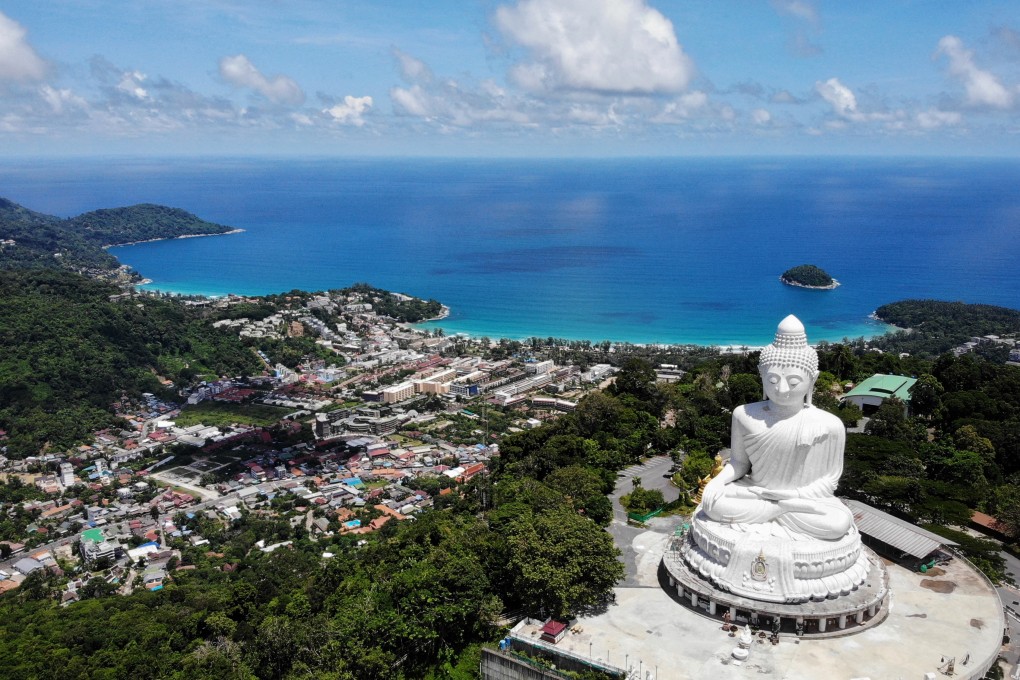Destinations known | How Phuket’s ‘sandbox’ scheme became entangled with an alleged murder, highlighting the vulnerability of solo female travellers
- A 57-year-old Swiss woman ‘believed to be raped and murdered’ was on the Thai island under the pilot sandbox tourism scheme
- Once borders reopen and leisure travel returns, destinations across the globe must do better to ensure the security of each and every tourist

The problem with being a pioneer is that all eyes are on your every move, be they good or bad.
The Thai resort island of Phuket and its way-paving “sandbox” programme have been widely hailed as an exemplar for Asia’s battered tourism industry. “Phuket reopening offers model for Asia as travel bubbles burst,” proclaimed news service Bloomberg on June 16. On August 6, CNN Travel affirmed “Why Phuket’s ‘sandbox’ pilot project matters to other islands in Asia.”
However, since the scheme allowing fully vaccinated international arrivals to enter the island without undergoing quarantine started on July 1, it has attracted a smattering of negative press, too.
Less than a week into the experiment, 14 tourists were sent to “alternative local quarantine” after being considered close contacts of someone who had tested positive for Covid-19 upon arrival on the island. Twelve of those in isolation asked to be sent back home rather than stay in Thailand, and in doing so made headlines.

Then, on August 5, the body of a Swiss woman was found in Phuket and the sandbox suddenly became mixed up in something altogether more macabre.
